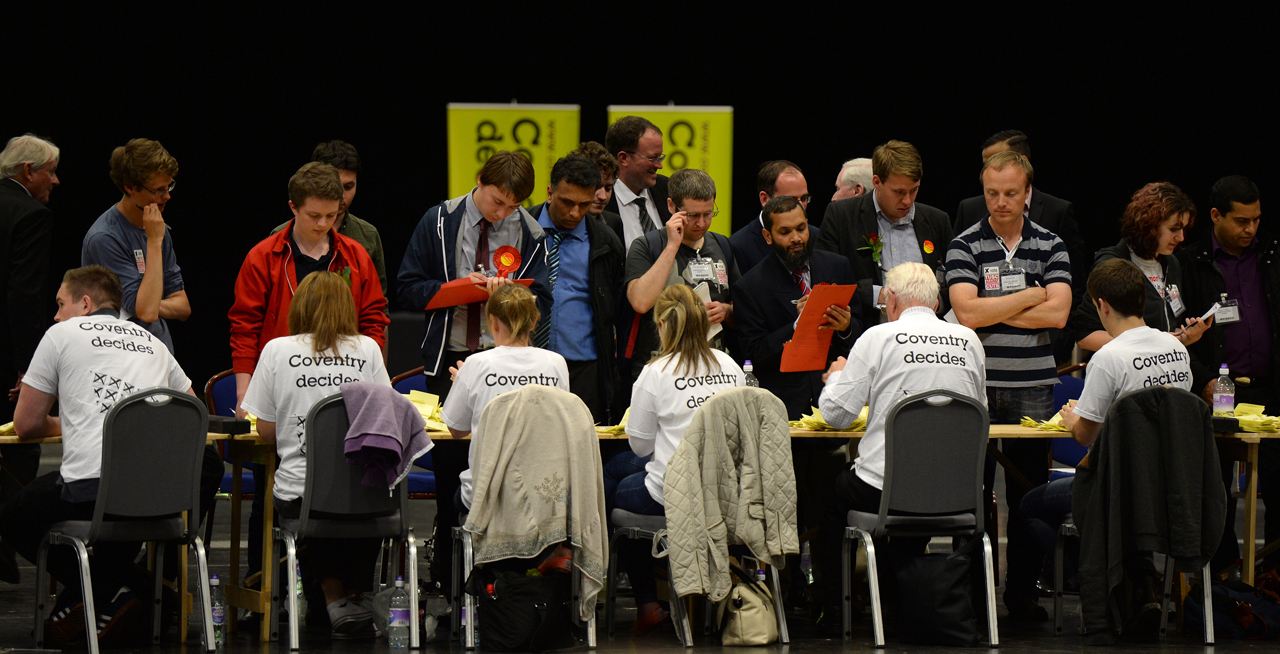Agents of change
It's about time we had more women in positions of leadership in local politics, writes Nona Buckley-Irvine.
For women, the path to leadership in local politics is often narrowed to one route: standing to be a councillor. While it is important that women stand to be councillors, taking on other roles within the party – especially those traditionally done by men – is key to achieving diversity.
Having been an election agent for Crawley’s County Council elections and the snap general election in 2017, I have firsthand experience of the impact of having a woman in positions of leadership.
Don’t let them tell you that being an agent is dull. While tasks include filling out nomination papers for candidates, recording expenses and hustling over spoilt ballot papers with overzealous Tories come the election count – it is fascinating, and important.
Considered ‘unsung heroes’ by professor Justin Fisher, the agent is the ultimate authority on spending, their name is (or at least should be) printed on all campaign literature and they have the joy of deciding who can attend the election count. It is an influential role giving an opportunity to work across the CLP, with the Local Campaign Forum, with council or parliamentary candidates and directly with activists.
The nature of the role means election agents develop a network of contacts, which builds social and political capital. This is an important step in building a pipeline of talent and ensuring women are well-placed to stand as councillors.
Yet there seems to be a deficit when it comes to the number of women in these roles. Recent data shows that in the for the past three generations, only 22 per cent of Labour party election agents have been women.
The Conservatives, SNP and Plaid Cymru fared slightly better in 2017, with proportions ranging from 25-29 per cent. And it comes as no surprise that of Ukip’s Agents, only 15 per cent were women.
We should be worried that women are being shut out of this key role. Agent roles can be paid positions, but for voluntary organising roles, it is necessary to be elected by the membership and to be able to attend evening meetings – something we know excludes some women members from local democracy.
Too little research exists on agents in general, let alone why women do not take up these roles. It is time we started to look a bit closer, because change will not just come from getting more women elected as councillors, women need to occupy organising roles too.
What difference would more women election agents make? First of all, being an agent gives you access to the structures of the CLP. You are able to participate in all Local Campaign Forums, as well as being an ex-officio member of the executive committee – which in Crawley’s case, took the number of women on the EC from two to three. With few people rushing forward to be an agent, it’s an opportunity to platform another female voice through the CLP structures.
Without overplaying the role they can play, election agents have an opportunity to engage with campaign literature throughout the process and shape it.
Being an agent also gives you greater legitimacy. Having a formal ‘role’ in the party gives you the opportunity to speak to and recruit women to get involved. As an agent, I was able to ensure more women were invited to attend the election count and actively encouraged to come out and canvass. I was also able to speak to and encourage women who wanted to be a councillor in the future.
If you want to stand to be a candidate in the future – the role of election agent gives you the opportunity to prove your credentials as an organiser, a public speaker and a decision-maker.
There are other, less trodden paths to become more involved in, and shape, local politics. You could undertake the procedures for councillor selection as a procedures secretary, become a trade union liaison officer, or take a position on the Local Campaign Forum – another typically male space.
Only 33 per cent of councillors nationally are women – a figure that should shame all parties. But when an even smaller proportion of agents are women. It’s time for a twin-track approach on transforming our local politics – with women both leading as candidates and organising as activists.
